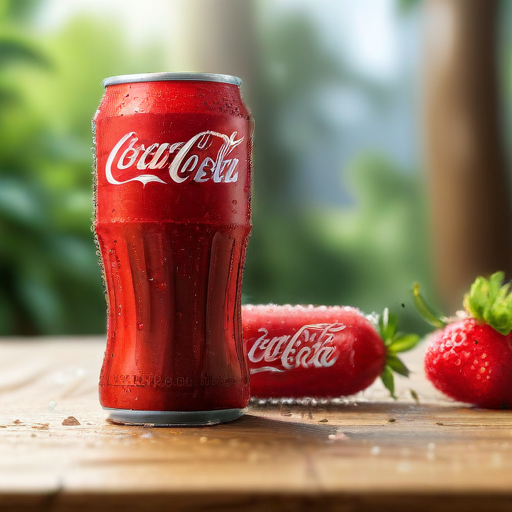The ongoing trend of weight loss drugs and non-alcoholic beverages is prompting consumers in the United States to reconsider their soda purchases. Despite this shift in consumer behavior, Coca-Cola has reported strong earnings for the second quarter, leading the company to increase its full-year projections.
Coca-Cola’s CEO, James Quincey, expressed optimism regarding the company’s second-quarter results, highlighting solid growth in both revenue and operating income, even as the market continues to evolve. However, he acknowledged a slight 1% decline in volume sales in North America, attributing this downturn to a dip in away-from-home channels, which encompasses their water, sports drinks, coffee, tea, and soda products.
To mitigate this sales decline, Coca-Cola has focused on promoting its Fairlife milk offerings and leveraging the popularity of its flagship soda, Coke, which ranked among the top in retail sales growth during the quarter. Moreover, Quincey mentioned that the company is collaborating with fast food chains, such as McDonald’s, to incorporate its sodas into combo meal deals, effectively boosting visibility and sales.
Coca-Cola’s performance surpassed Wall Street expectations, reporting $12.4 billion in revenue for the quarter, translating to approximately $0.84 per share. In contrast, analysts had anticipated revenue of $11.76 billion, or about $0.81 per share. Following this robust showing, the company has revised its growth forecast for organic revenue up to between 9% and 10%, compared to its earlier prediction of 8% to 9%.
Meanwhile, Pepsi is facing its own challenges as it tries to attract health-conscious U.S. consumers, particularly amid a recent series of product recalls that impacted its second-quarter performance.
This article illustrates that even in a changing market landscape, Coca-Cola demonstrates resilience and adaptability, finding ways to engage consumers despite external pressures. The collaboration with major food chains indicates a proactive strategy that could potentially revitalize sales further. With the ongoing evolution in consumer preferences, both Coca-Cola and Pepsi may need to innovate continuously to meet the demand for healthier options while remaining competitive in the beverage sector.
In summary, while Coca-Cola navigates challenges within the U.S. market, their strong financial performance and strategic initiatives provide a hopeful outlook for the company’s future success.
